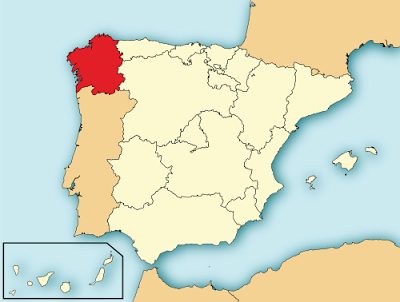The 10 Types of Language Assistants in Spain
From 2012 to 2015 I worked and lived in Spain as an auxiliar de conversación , or a language assistant in public school classes taught in English. I wasn’t the only American in Spain, though; over 2,000 people from the States move across the Pond every year to do the very same thing. I interacted with countless fellow auxiliares over these three years, many of whom became housemates, good friends, and travel partners. In this post, I’ll talk about the ten general categories I think 95% of all language assistants fit into, and to show I don’t take myself too seriously, I’ll show how I think I each type applies to me (if applicable, of course). The Way to Fisterra, the End of the World 👣 // Santiago de Compostela is famous for being the endpoint of the Camino de Santiago pilgrimage, but not many know that the Way of St. James continues on west to the coast after reaching the Galician capital. Just 89km away lies the fishing village of Fisterra, Spain's version of Lands E...




